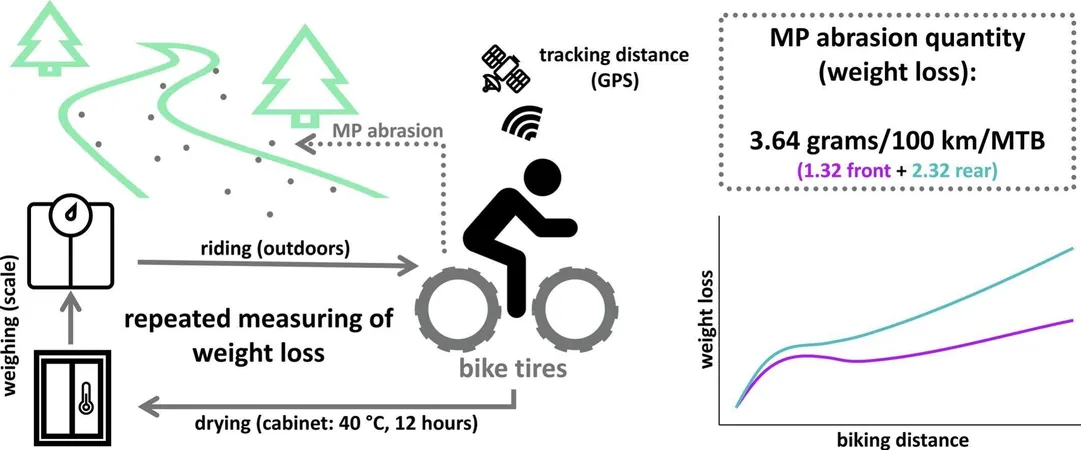
Revolutionary Brain Imaging and Virtual Reality Techniques Could Transform Cancer Pain Management!
2025-04-03
Author: John Tan
Groundbreaking Study Introduces Non-Invasive Pain Management Approach
A groundbreaking study from Roswell Park Comprehensive Cancer Center has unveiled a novel, non-invasive approach to effectively manage pain for cancer patients, potentially changing the landscape of pain treatment. Published in *Scientific Reports*, this innovative research utilizes brain imaging technology combined with virtual reality (VR) to provide an alternative to conventional opioid medications.
Research Team and Technology Used
Principal investigator Dr. Somayeh Besharat Shafiei and co-investigator Dr. Oscar de Leon-Casasola led a dedicated team from Roswell Park and the University of Guelph in Ontario, demonstrating a powerful combination of functional near-infrared spectroscopy (fNIRS) and VR. This cutting-edge method allows medical professionals to objectively assess and measure pain severity through a specialized head cap equipped with optical sensors.
Study Participants and Findings
The study enrolled 147 participants, encompassing healthy individuals and cancer patients experiencing varying intensities of pain. Participants wore fNIRS head caps to monitor brain activity by observing changes in blood oxygen levels. The findings revealed distinct brain-based biomarkers that effectively differentiate between levels of pain — whether mild, moderate, or severe.
Impact of Virtual Reality Experience
Among the cancer patients who engaged with the VR experience, which involved exploring immersive underwater environments, an impressive 75% reported a significant reduction in pain. This noteworthy outcome surpassed the clinically relevant improvement threshold of 30%, indicating that VR not only distracts from pain but may also modulate the brain’s pain-related circuits.
Significance and Future Implications
"This study marks a significant milestone in precision medicine where neuroimaging meets digital therapy to transform pain management," Dr. Besharat Shafiei stated. Alarmingly, it’s estimated that 60-80% of cancer pain remains inadequately addressed. This innovative therapy could potentially reshape how pain is managed in clinical settings, reduce opioid dependence, and dramatically enhance the quality of life for countless cancer patients globally.
Conclusion
As the medical community looks towards implementing these findings, the combination of technological advancements in brain imaging and interactive VR could signal a new era in compassionate and effective pain management strategies for those suffering from cancer-related pain. With such promising results, the potential for wider applications of this research could offer hope to millions in their battle against pain.




 Brasil (PT)
Brasil (PT)
 Canada (EN)
Canada (EN)
 Chile (ES)
Chile (ES)
 Česko (CS)
Česko (CS)
 대한민국 (KO)
대한민국 (KO)
 España (ES)
España (ES)
 France (FR)
France (FR)
 Hong Kong (EN)
Hong Kong (EN)
 Italia (IT)
Italia (IT)
 日本 (JA)
日本 (JA)
 Magyarország (HU)
Magyarország (HU)
 Norge (NO)
Norge (NO)
 Polska (PL)
Polska (PL)
 Schweiz (DE)
Schweiz (DE)
 Singapore (EN)
Singapore (EN)
 Sverige (SV)
Sverige (SV)
 Suomi (FI)
Suomi (FI)
 Türkiye (TR)
Türkiye (TR)
 الإمارات العربية المتحدة (AR)
الإمارات العربية المتحدة (AR)